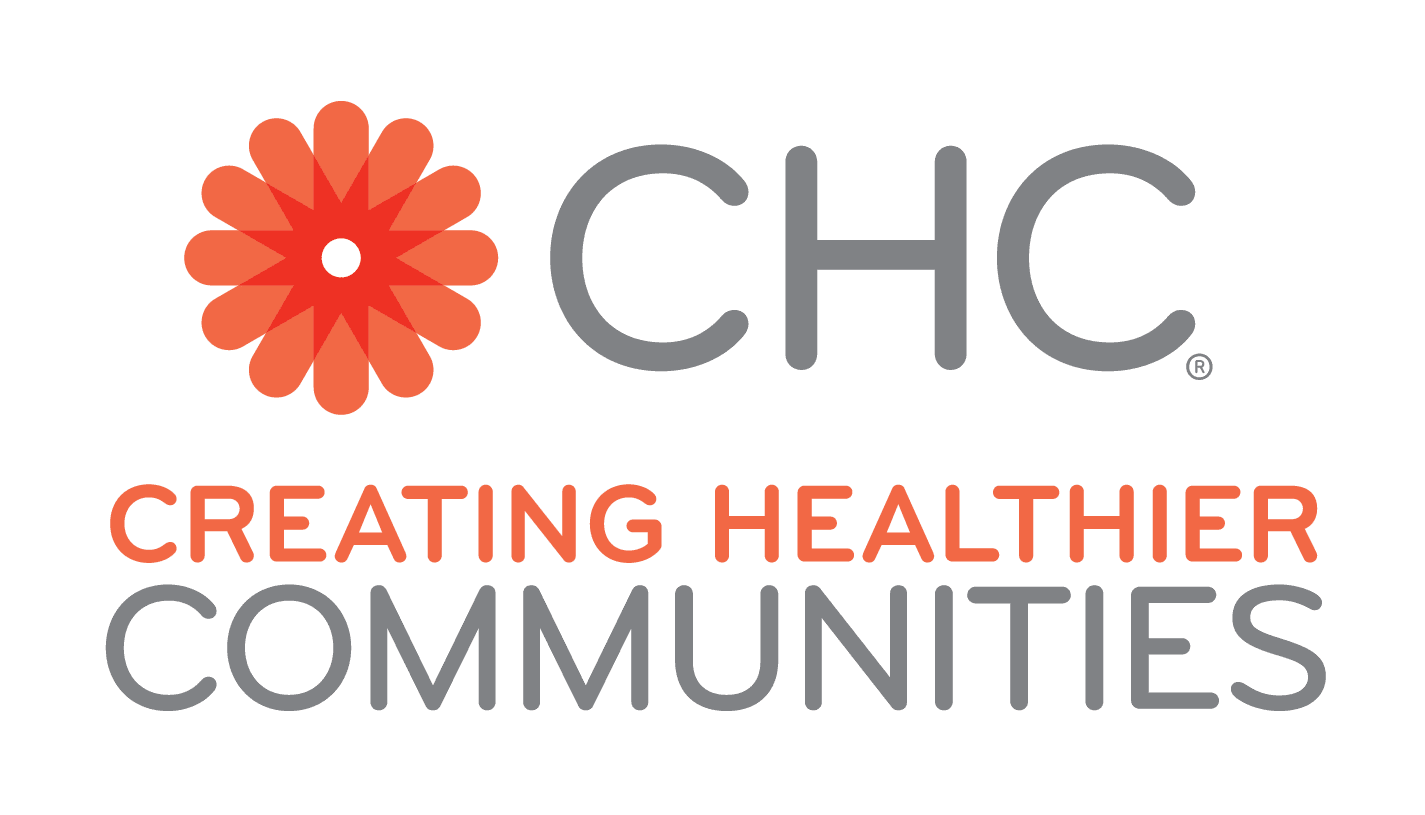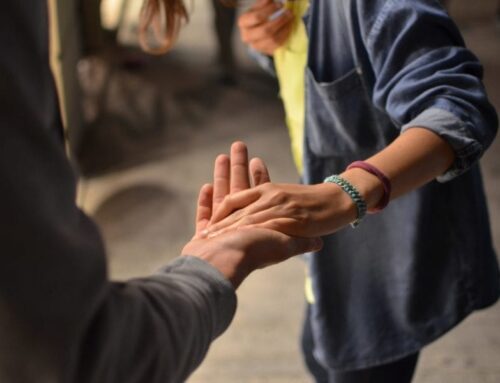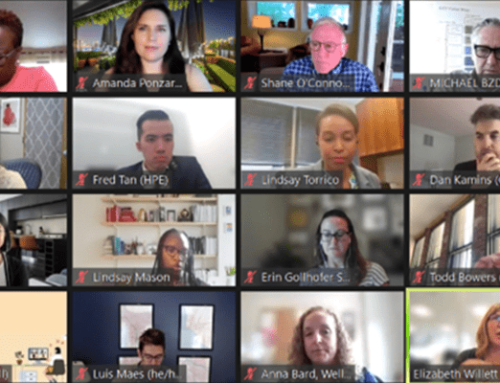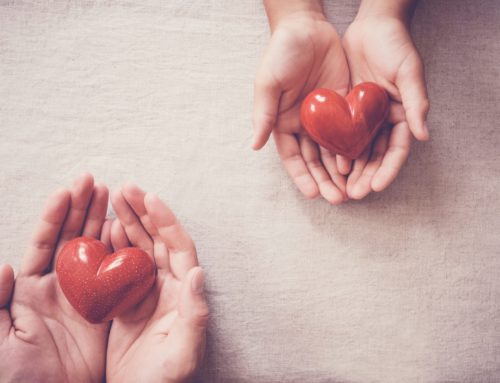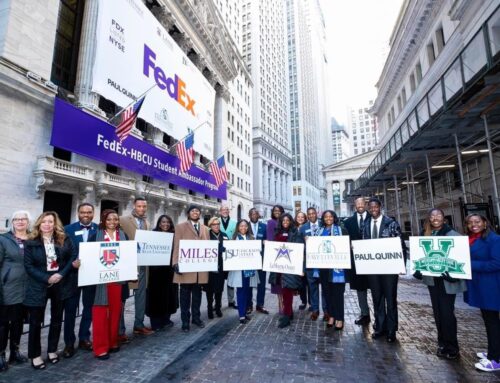Finding Hope in 2020
By: John Friedman, Manager, Sustainability for WGL
2020 was a bad year for many many people. Far too many of us have suffered, and far too many have died. But while it is easy and important to remember the losses and the suffering, human beings get through the hardest times when they have hope.
I once had the opportunity to ask a survivor of the genocide in Cambodia how it was that she remained an optimist after seeing so much death and destruction and living through so many hardships. Her response was that it was her optimism that kept her going and kept her alive. “She said the difference between living and dying was believing that a better day was coming, even if it wasn’t tomorrow. Even if she didn’t know how long it would take.”
While no one would wish for the cause, as people stopped commuting and industries shut down, the night sky suddenly became full of stars that we could not see before. Those glimmers of light are an apt metaphor because their beauty is only fully appreciated on the darkest night.
But there were other glimmers of light as well.
When Covid hit, thousands upon thousands of people refused to allow it to define their lives and prevent them from doing their duty to help others. Doctors, nurses, and healthcare workers across America work extra shifts, often without equipment and without any thought of additional compensation. They did so simply because they saw suffering and knew that they could do something to help alleviate it. Even when there was precious little that they could do, they continued to come in and do whatever they could.
Even as food banks struggled to meet the needs of thousands of additional people looking for relief from hunger, thousands more people donated food. Similarly, clothing and household items that were desperately needed by some, were generously donated by others.
Volunteers around the country put their skills together to help sew masks and donate them to local healthcare workers and hospitals.
And as the days stretched into weeks, and weeks into months, the caring for others did not end. Many charities found themselves supported by ongoing generosity. It was far more indicative of who we are as a people and a species than those who refused to wear masks and willingly put themselves and others at risk.
I know managers who, faced with the prospect of laying people off, took pay cuts themselves — and in one case forfeited their own job — so that their team could stay employed. Other businesses refused to collect on debts owed, knowing that those who owed money would pay when they could, if they could. Moratoriums against evictions were not the only reason that some landlords did not send people to the streets.
These things were not universal. Not everyone stepped up to help. But just as the stars do not make up the majority of the night sky, they somehow make the darkness more tolerable.
As we come out of the dark of 2020 and into the light that the new vaccines and the new year promise, let us look back and be thankful for those things and people that showed us that even when things seem to be at the worst, people can be at at their best.
That, is the most hopeful sign of all.
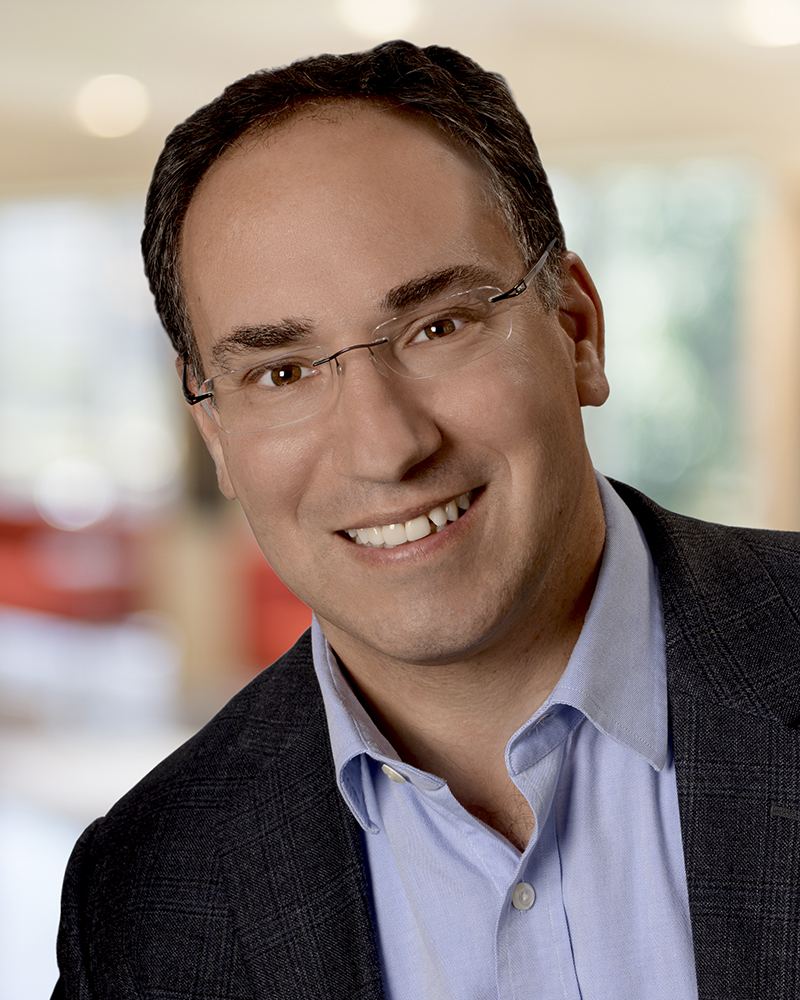
John Friedman, Manager, Sustainability for WGL
With an international career spanning 2 decades, John Friedman is an award-winning communications professional and recognized sustainability expert who has helped some of the leading global companies to integrate their operational, financial, and cultural aspirations into sustainable and responsible business practices. He has been instrumental in helping three companies, Lafarge, Sodexo and WGL Holdings rise to the top of the sustainability rankings (DJSI/RobecoSAM and MSCI) for their respective sectors; building materials, food service/facilities management and energy.
A frequent speaker at conferences and business classes, Friedman is helps teach individuals and organizations how to integrate practices including environmental stewardship, social progress and sound governance into their overall business strategies, their corporate cultures and everyday actions by empowering and engaging employees at all levels for measurable results that drive business reputation and value.
He is author of “Managing Sustainability: First Steps to First Class” published by Business Expert Press.
On digital media he is recognized as a thought leader; on Triple Pundit’s List of the Top 30 Sustainability Bloggers on Twitter, #3 on GreenBiz list of most influential ‘twitterati’, #14 on Guardian Business’ 30 most influential sustainability voices in America, was voted #4 of the “100 leading voices in CSR” by Global CEO Magazine readers, and has regularly been included among the top voices in CSR by Forbes’ Brandfog.
An Albany State (New York) communications graduate, Friedman earned a management certificate as part of the Lafarge/Duke Management Training program at the Fuqua School of Business in 2000.
